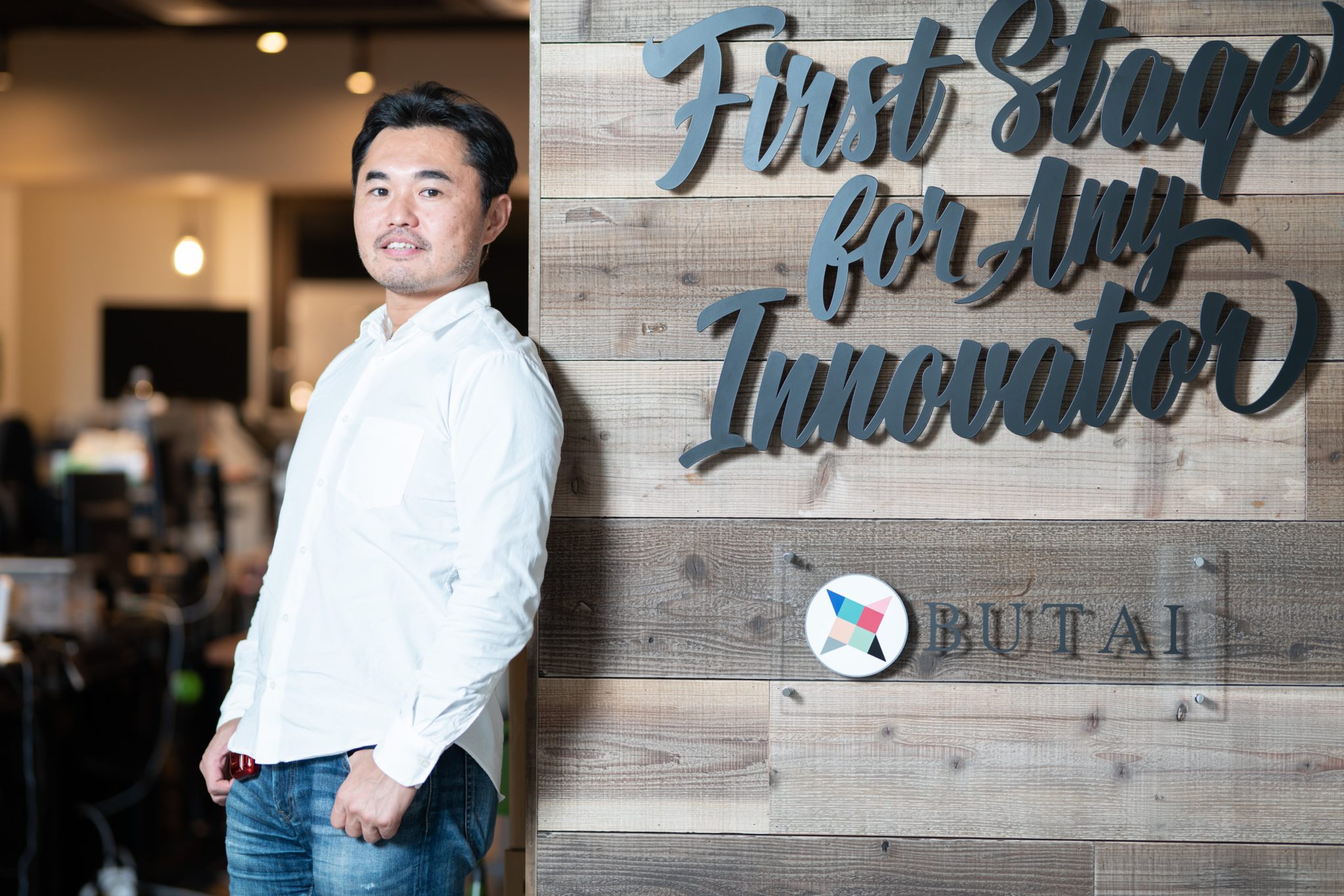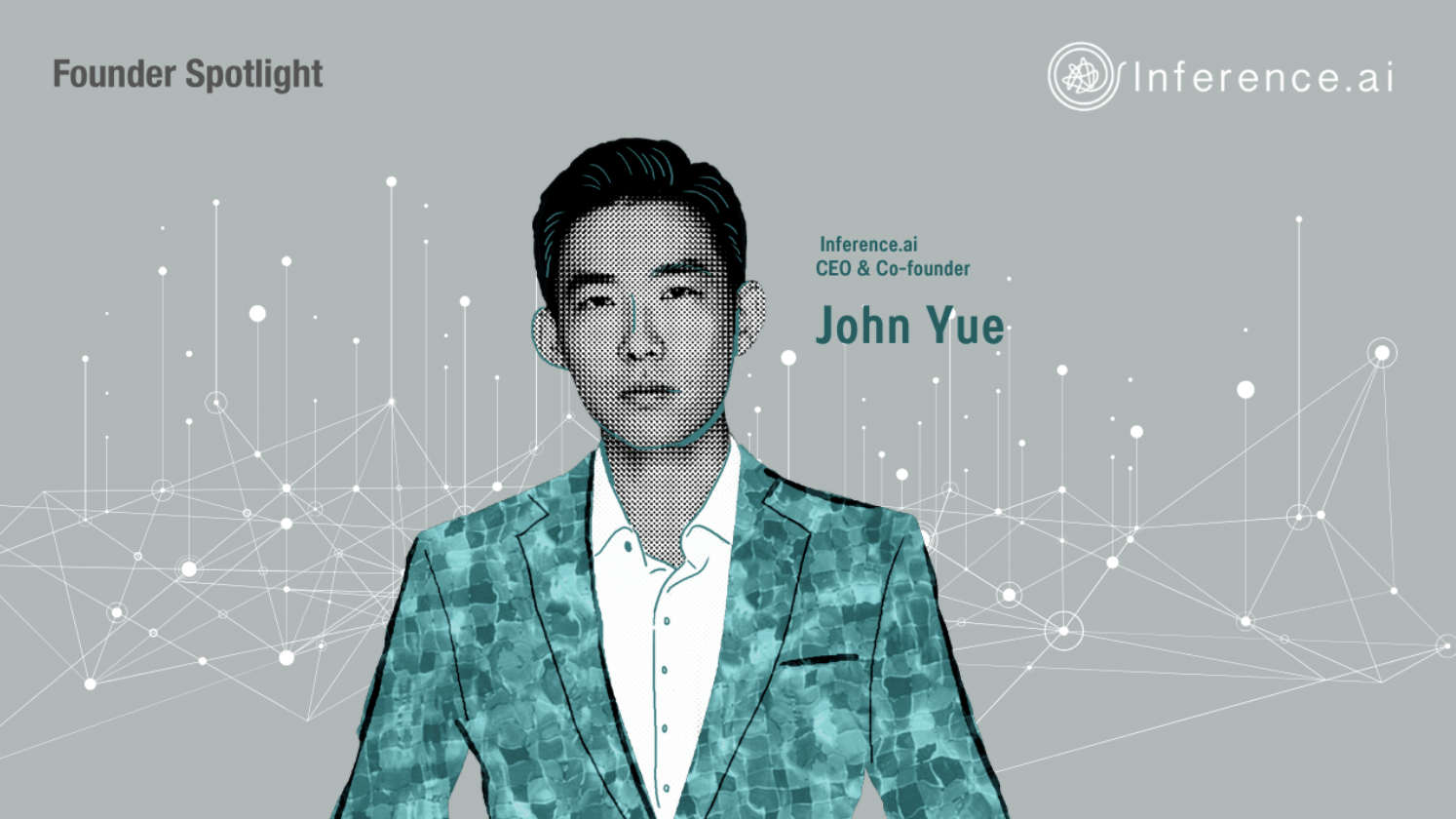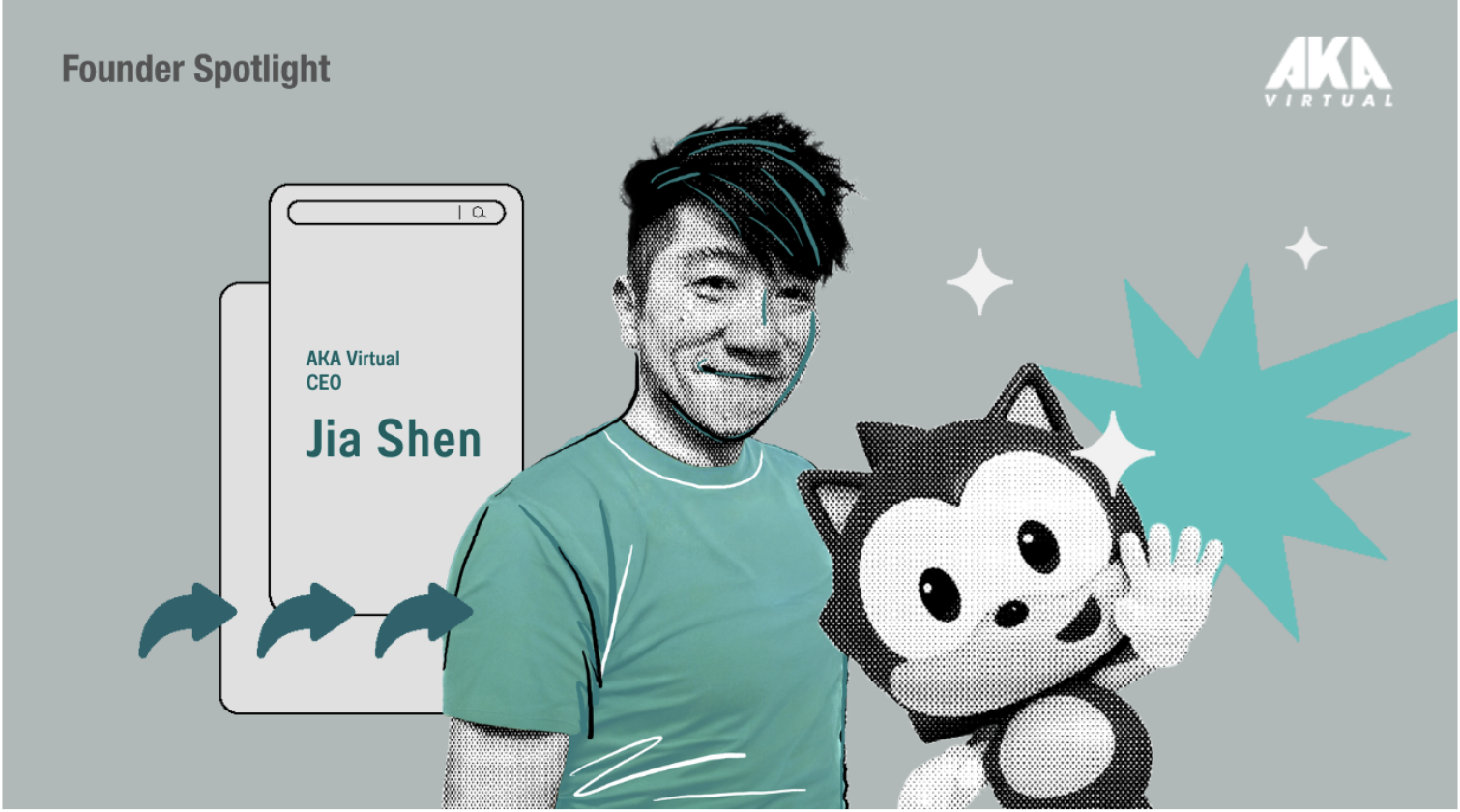AsiaTechDaily – Asia's Leading Tech and Startup Media Platform

How Dr. Noritaka Kobayashi, CEO Bajji Inc, A Social Networking Services Provider Using Blockchain Raised US$ 1M In Series A?
Dr. Noritaka Kobayashi is the Founder & CEO of Bajji Inc and associate professor at Business breakthrough university.
Kobayashi received a Ph.D. in Computer Science from Osaka University, 2002. His major was distributed computing and software test efficiency. After graduation, he worked as a business consultant at Nomura Research Institute Ltd for nine years and a business development executive at GREE Inc. for two years. He was engaged in starting up new businesses in IT and mobile as well as M&A and certified from Columbia business school, executive education program in 2008. He is also an associate professor at Business Breakthrough University since 2010.
He established Diixi Pte Ltd in 2012 and Yourwifi Pte Ltd in 2013 both in Singapore to acquire the Asian market. CHAOS ASIA, which is an innovative pitch event, was produced by him in 5 cities worldwide.
Noritaka Kobayashi was selected as the Asian entrepreneur by AsianEntrepreneur.org in 2015. Yourwifi received the 292nd rank at Technology Fast Asia 500 in 2016 from Deloitte.
He came back to Japan to found LastRoots in June 2016. LastRoots received IBM blue hub award at Finch Summit in Sep 2016 from 700 startups. LastRoots conducted the first ICO in Japan and succeeded in fundraising 6 million USD by cryptocurrency c0ban in 2016. LastRoots provides a unique service, which is a combination of blockchain and video ads platform with c0ban. The video ads platform provides 5 million 100% plays per month, and the c0ban market cap was 300 million USD at largest. C0ban is the first case of ICO, which is already in service and tradable after ICO in Japan.
Noritaka Kobayashi exited LastRoots to a subsidiary of a Japanese listed company in April 2019. He then found Bajji Inc in April. Bajji plans, develops, operates, and provides social networking services using blockchain.
The company is visualizing trust between users by providing a new type of SNS using blockchain. Through Bajji, users can record “encounter with people” and “trust for others” in Blockchain. Based on Bajji original algorithm, active people can get a reward from Bajji community.
Read on to know more about this successful entrepreneur and his audacious journey.
Please tell me about your background, and what are you working on currently?
Dr. Noritaka Kobayashi was born in Osaka, Japan, and lived there until he was 25. He lived in an isolated small area, so he wasn’t a cosmopolitan/ worldly person – All education was at public schooling until university.
At 17, Kobayashi went to Germany, which was his first trip overseas. The reason for this was because his uncle lived there and taught at a German university, his specialty being Chemical research. Although this was a small city in the south-west of Germany, he was scared to travel abroad as he was a pure boy growing up.
Before arriving in Germany, Kobayashi had thought he was good at studying and “useful.” However, in reality, he found himself being “useless” in Germany. Since then, he actively studied English more, as he didn’t know any when he first went.
Afterward, Kobayashi went to Osaka University, where he studied a computer science major. However, out of the 80 students there when he entered, 75 were already good at programming when entering, as they had personal computers at home (unlike Kobayashi, where this was his first time touching a computer – poorer background).
Post-graduation, Kobayashi realized that programming was not his main job. He didn’t like it, since whenever he encountered an error in his program – It could take a long time to fix, and no one else could help him since it was too complicated and his own “language.” When he finalized his Ph.D. report, he ran into serious bugs, and needed to fix them by staying in the lab until 2-3 am every day for three months. This made him crazy.
After completion of his Ph.D. in computer science, the Professor asked him to stay to help research, but he didn’t want to. He discovered that programming research was not to be his job. Instead, he loved to travel (his first trip to Germany had decided this for him). Throughout university, he started traveling anywhere and everywhere he could. All up, he traveled to more than 30 countries while in university. To afford this, he had part-time jobs to earn money to fund this (i.e., work 2weeks, travel 1week).
Most of his friends later joined large companies as researches or engineers (i.e., at Toshiba/ Mitsubishi/ etc.). Kobayashi, on the other hand, completely changed his career path. He joined Nomura (the biggest consulting firm in Japan) as a business management consultant. He worked in consulting for nine years, with various electronics or telecom clients. He worked to support their new business ventures and expansions – launching new business sections (i.e., guiding big businesses to new kinds of business branches and ventures). He supported the launch of new business and overseas expansions, over the course of visiting another 17 countries via business trips.
Kobayashi quit Nomura in 2011 and was headhunted to join Gree Inc., one of the biggest companies in 2011. At the time, Gree was very successful, with rapidly growing sales and an excess of cash for global expansions. While there, Kobayashi was in charge of acquiring promising developers or programmers from overseas and spent 7-8million USD investment to acquire various global companies.
When he joined, Gree Inc. had 350 employees. When he quit, they had over 2200. In 6months after joining, he became the top of the Gree Singapore office and moved to Singapore at the beginning of 2012. However, in May 2012, there were huge changes in Gree Japan, where the business model was changed. He had aimed to proceed with five deals in Indonesia, Bangkok, Malaysia, India, and Netherland, but all deals were suspended as a result. As such, he left Gree at the end of 2012 and decided to start funding himself in Singapore for a while.
His current company is “Bajji,” which is a new SNS web application that aims to make people-to-people encounters more personal and bring SNS back to real trusting relationships. In this way, it’s not only a social innovation but also a way to enrich lives.
What motivated you to get started with your company?
Following his life experiences and struggles he overcame, Singapore was a very hot location for startups opening offices there as an Asian regional HQ. Since then, Kobayashi went on to found three startups in SG, 2 in Indonesia. The reason why he started bajji was to create a new service that could change the world and spread all over. His aim was that any person in any country could become a user, being a world brand not limited.
The social networks we currently have at the moment make us think we are connected more than ever before, yet this is a false sense of connection. Although there are billions of users and maybe thousands of friends, you are, in reality, very limited in what you can see and how you interact with them. Facebook is more like a Bulletin Board System (BBS) rather than a true social network. Your timeline may consist only of 30 friends’ comments – which is quite a narrow scope. On Twitter, there are a lot of fake accounts, which he doesn’t like, who can post whatever.
Even though we have a lot of social networks to connect us on the web, these connections are generally uncertain and untrustworthy. We usually can’t really meet or see these people for who they are (i.e., fake news). As such, we need an easier platform to meet people in real life (whether for new business relations, soul mates, or members for a project).
The current way to do this is very analog (i.e., in-person without technology). Therefore, by connecting data between people to see who/ how many people appreciate others, we can use this data to help people find others easier than ever. This is the core of Bajji.
What is your current main product, and (If there is any) can you share any product pivot story from founding to the current product?
Bajji SNS web app is currently the only product.
How have you attracted users and grown your company from the start?
Bajji aims to make real connections. As such, we have held as many events as possible to find potential customers. The first event was the beta launch anniversary on June 24th, 2019.
Since then, we found pitch events to give pitches (with the help of Akina Tada). This was a smooth way to find events, but the number of participants is very limited (i.e., from 10-100). This was an issue for growth at the start. We needed to find more core fans who loved and wanted to spread Bajji to other users.
Coincidentally, I found others tweeting about Bajji – they were looking to hold a Bajji event in Osaka. Bajji officially shared and joined this Bajji event on September 7th as a result. This helped spread from core Bajji fans who loved it and spread it out from Osaka. This also introduced an important connection to us who wanted to hold such Bajji events in many other cities such as Hiroshima, Kyoto, Nagoya, etc.
What’s your business model, and how have you grown your revenue? What strategy worked best?
Bajji is a new kind of culture, where Bajji is sold as a symbol of trust, appreciation, mindset, skills, experiences, or tracks of life. These are sold as digital content, where users buy and give them to others.
Revenue is made from this new culture, which could be comparable to crowdfunding, such as Kickstarter. At the time, people didn’t understand these, and there was no assurance that the stranger could actually produce what they claimed. Now, crowdfunding is like a new place for popular ideas, with a completely changed brand image.
For example, if we try to sell Bajji now, most don’t understand. It’s a virtual present, not a physical one, so although you can’t touch and feel it – When shared, the world can see it, and others can see who sent you the Bajji and when.
How much money (funding) have you raised in total so far? When was the recent funding round?
Bajji was founded in May 2019, and round 1 fundraised USD 1 M in November (i.e., 1 M in 6months).
Kobayashi’s previous company, Last Roots (6th company), raised 13million USD dollars before he quit.
How do you decide when to go out for fundraising? What were the internal decision processes in determining when to begin fundraising, and what were the logistics for this?
The original plan was to fundraise right at the start (i.e., May). However, this was pushed back due to the model needing money to be able to spread. Kobayashi’s eventual goal is to raise 100 million USD in 4-5 years for Bajji (i.e., next year 5mill, two years 10mill, etc.). Bajji needs this much funding to become a successful SNS to compete in the global market.
How many investors have you met so far, and which among them have invested in your past funding rounds? And how long does it take on average to finalize each funding round?
Around 15 investors so far in one round. It takes about two months per round.
How did you meet these investors, and which channels worked best for you?
Some were introduced, some from previous relationships, analog.
What are the biggest challenges you’ve faced and obstacles in the process of fundraising? If you had to start over, what would you do differently? (Your insight or advice on this would be very helpful for startups)
Two cases; Case 1 – Last Roots, where an Initial Coin Offering was conducted using crypto token raising 7million one round, but ICO is different from venture capital fundraising – as venture capital is ready to use vs. ICO crowdfunding plans.
For an ICO, after receiving funding, you have to start developing/ find people/ fix design/ improve business model/ etc. During crowdfunding, the full timeline also has to be disclosed – Last Roots disclosed everything in 9months – which proved to be very difficult. They needed to develop a crypto exchange system, warrant, public blockchain itself, etc. At the time, there were also no engineers, so they needed to find engineers and partners as well. This proved very tough because everyone knew the deadline, but they were unsure whether they’d be able to meet it or not. In the end, they were able to succeed but wouldn’t want to do it again.
Case 2 – His biggest company became a subsidiary (sold). At that time, one of his largest shareholders was a huge conglomerate company. As a result, they had the right to make decisions whether he sold the company or not. He was unable to make the decision himself. Consequentially, company A was the main shareholder, but company B tries to get Kobayashi’s company from A – he became the main negotiator in this tough situation. Meanwhile, the company was running out of cash, so he had to do this tough negotiation while the company was running out of cash.
What are your milestones for the next round? And what are your goals for the future?
The next round milestone is 5million USD, and the 4-5 year goal is 100million USD.
What are the most common mistakes founders make when they start a company? (or What should all first-time startup founders know before they start their business?)
The earlier they start it, the better. Put your plans into action as soon as possible.
What do most startups get wrong about marketing?
In the first stage, they should aim to get as many funds as possible as soon as possible. Having minimal resources at the start makes it hard to spread while getting funds earlier allows the easier spread of services.
What’s the best advice you’ve ever received? And What advice do you have for someone who is interested in doing similar things like yours or in a similar direction?
Most entrepreneurs fail, and their startups also fail. Everyone wants to change the world and thinks that their service will be the one to change society or the world.
However, this is usually not the case, and most fail.
Failure is good. If you do fail, don’t think that you’ve done nothing, always think that you’ve done something. Always do your best, and even if you only make the world 1mm better, that’s enough.
If you can make the whole world just 1mm better, then your challenge can be considered useful.
What are the one or two things that you would do differently if you could go back to 10 years ago?
Ten years ago, Kobayashi was still at Nomura. However, he had just completed many business trips and projects across Africa and Indonesia. These were very meaningful projects which changed his life, so it would have been the best time to quit, yet he didn’t.
His advice to himself would be to quit tomorrow (asap), and found a company tomorrow.
You can follow Dr. Noritaka Kobayashi here.
Are you looking to secure investment for your startup or a keen startup enthusiast, keep an eye on our interview section.
Follow Asia Tech Daily to know about the innovative startups and how they are revolutionizing the ecosystem.





